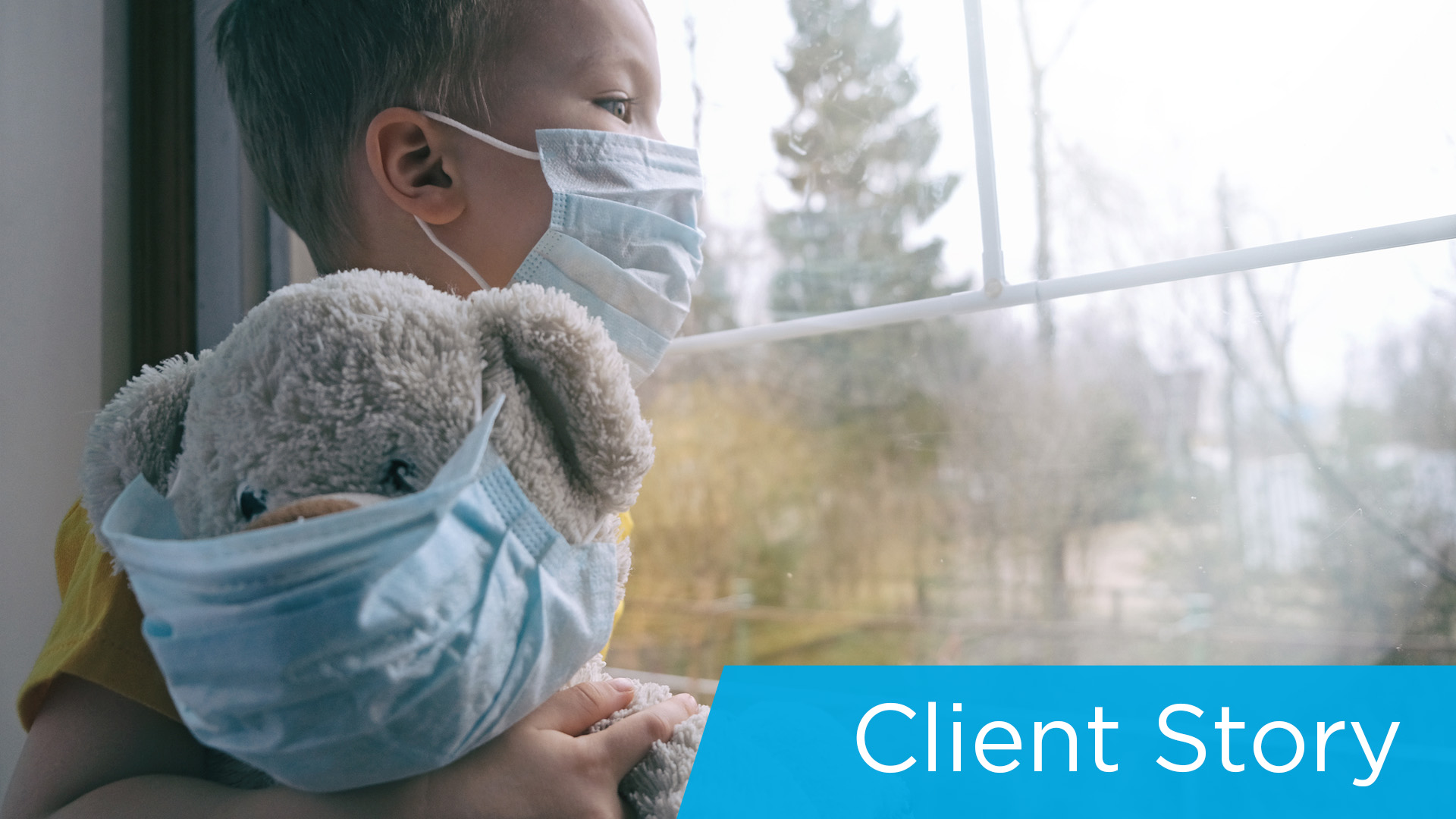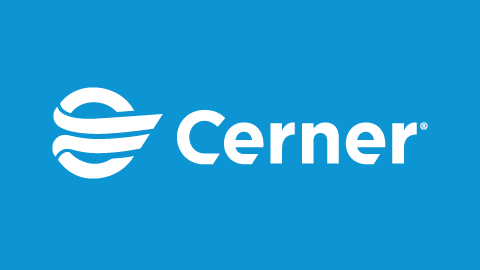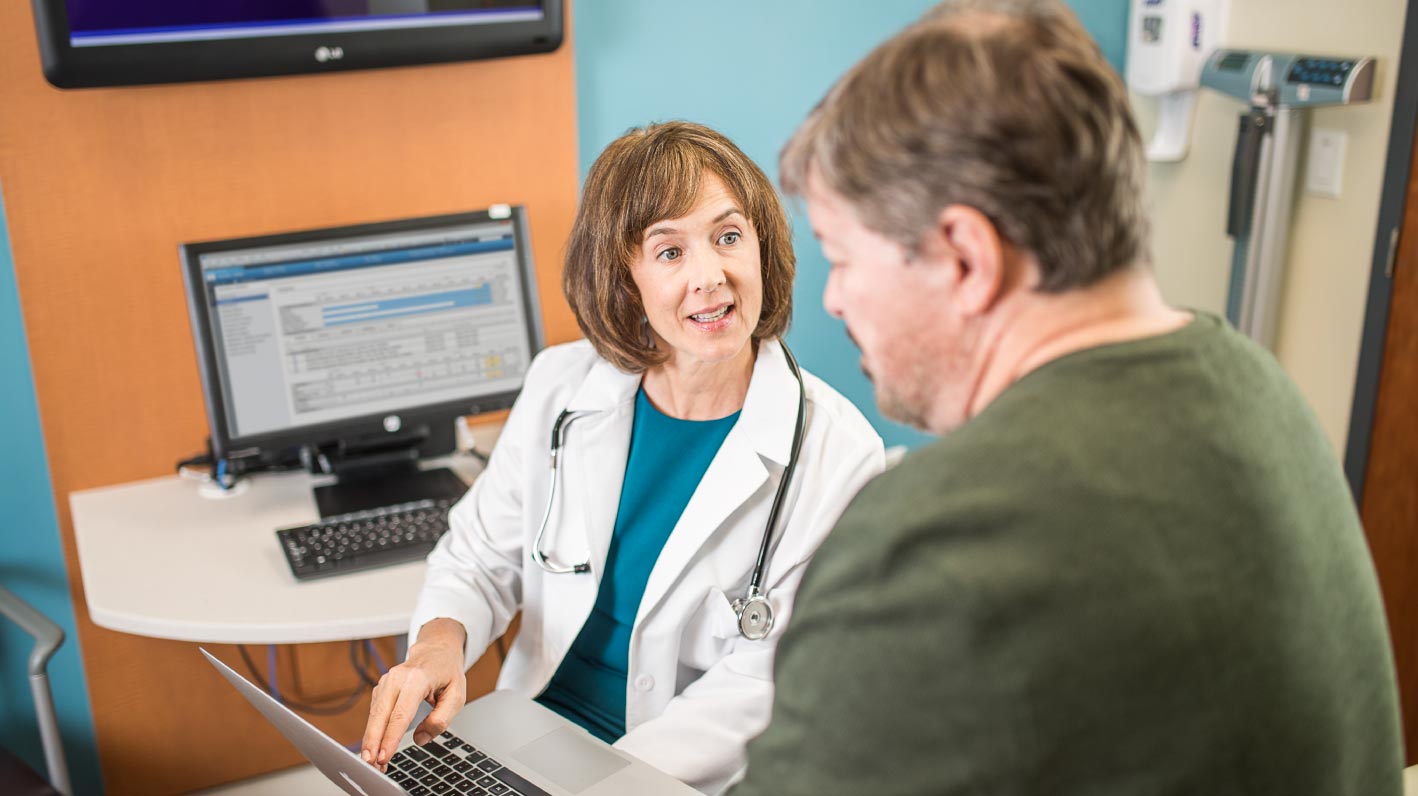While hospitals globally face a monumental task providing care amid a surge of COVID-19 cases, the pediatric clinicians at Children’s National Hospital in Washington, D.C. face the unique challenges of working to keep young patients safe during the pandemic.
“The top priority of Children’s National Hospital is the safety of our staff, patients and family,” said Kurt Newman, M.D., president and CEO at Children’s National. “We continue to care for those children who urgently need hospitalization for an illness or injury as well as COVID-19 patients. I am so proud of and thankful for the team here at Children’s National. Everyone is working hard. Every day I see the proof that we are an innovative, learning organization – looking for ways to work differently and solve problems with even greater excellence in care delivery. Each and every member of Children’s National is coming together as a true community in this time of crisis.”
Siblings under 18 aren’t allowed to enter the hospital during inpatient or outpatient stays. Parents and caregivers must wear masks and may need to take extra precautions.
Realizing this can be a frightening time, Children’s National also posted information about how to help children cope with anxiety and safety precautions in a special section on its website.
Reducing potentially contaminated paperwork at drive-thru specimen collection
Children’s National is believed to be the first pediatric hospital in the country to offer drive-thru specimen collection for children and young adults under 22 years old. It’s also the first hospital in Washington, D.C. to offer drive-thru testing of any kind.
In order to have a specimen collection performed, the child needs a Children’s National COVID-19 Specimen Collection Referral from his or her primary care provider that the parent/guardian will need to present in order to register at the specimen collection site.
“We have the capacity to see between 120 and 150 patients each day at the drive-thru specimen collection site,” said Abby Ralph, project manager at Children’s National.
However, Children’s National still needed to find a solution that allowed staff to obtain copies of the referrals, lab requisitions and consent forms, while keeping volunteers safe from potentially contaminated paperwork and to mitigate environmental factors, such as wind that are unavoidable when working outside.
“We started using Camera Capture™ to move from the paper-based process to a digital workflow,” said Meghan Delaney, chief of pathology and laboratory medicine at Children’s National. “Taking pictures of the doctor’s paperwork on arrival limits the number of hands touching the paper, decreases exposure risk and provides a critical back up system.”
The new normal: Working from home
With many staff members working from home, Children’s National needed to improve internet bandwidth. In two weeks, Cerner ITWorksTM associates boosted capabilities, allowing remote employees to securely access the virtual private network and virtual desktop infrastructure.
“We virtualized 30% of our workforce over a weekend,” said Matt MacVey, vice president and chief information officer at Children’s National.“Our investments in scalable remote access infrastructure and video conferencing solutions enabled a remarkably seamless transition.”
Other efforts to prepare for remote productivity included increasing usage of PowerChart Touch™ for mobile access to PowerChart®, as well as expanding use of Nuance® PowerMic Mobile for remote access to Dragon® voice recognition. There has also been an increase in eLearning and online live classroom training options.
Future plans
Children’s National Hospital, like other hospitals, finds itself continuously enhancing technology solutions to fight COVID-19. Utilizing HealtheIntent® which integrates hospital and primary care data, allows clinicians to get a better picture of symptoms and testing for the whole population. Cerner’s COVID-19 dashboards also track patterns in the numbers of confirmed cases and symptomatic patients to better understand the pressures on its system. In addition, Children’s National hopes to incorporate health information exchange data to clinician workflows, and integrate with Chesapeake Regional Information System for our Patients (CRISP) which allow providers to view test results performed at other locations.





